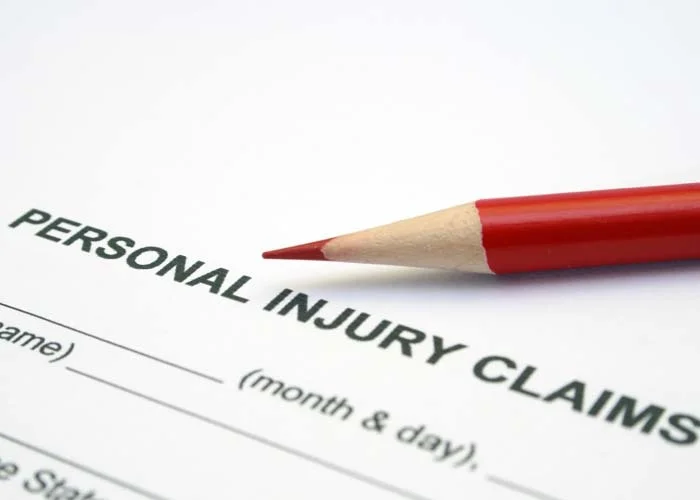If you have been injured in an accident and want to recover damages, you will have to submit a personal injury claim letter to your insurance company. Depending on how well the letter is written, you may be able to receive compensation for your injuries, damages, and losses. Or, on the contrary, lose your claim.
After the personal injury claim letter has been written, you will have to put your negotiation skills to use in order to convince your insurance company to pay as much as possible. As a rule of thumb, only a Phoenix personal injury attorney has the experience and knowledge to write a convincing claim letter and negotiate a maximum settlement amount on your behalf.
10 rules of writing a personal injury claim letter in Arizona
Since a personal injury claim letter is basically your way of telling your insurance company, “I want to obtain compensation, and here is how much I want,” it would not be an exaggeration to say that knowing how to write a personal injury claim letter is crucial to the success of your claim.
That is why we invited our experienced personal injury attorney in Phoenix from the Lorona | Mead to outline the golden rules of writing a personal injury claim letter that makes a statement and makes all the difference.
In a nutshell, a good personal injury claim letter should be based on facts, free of emotions, be grammatically correct, include all relevant pieces of evidence, and provide the history of the accident and the details of your injury to the insurance adjuster.
A well-written personal injury claim letter consists of these 10 key elements:
- The where, when, and how. First and foremost, you need to provide the summary of the facts that answer the “Where?” “When?” and “How?” questions. These should include the exact location of the accident, the date when the accident occurred, and other relevant facts that answer the question “How?”
- Liability. This element can potentially make you either win or lose. You need to provide facts and evidence proving that the other party was at fault in the accident. When establishing liability, do not be biased or unfair and avoid making provocative, false, or exaggerated statements.
- Witness accounts. One of the most convincing ways to establish liability in a personal injury claim letter is to include witnesses statements.
- Details about your injuries and medical expenses. This is the section where you should provide details about your injuries suffered as a result of the accident at hand, as well as the medical expenses, both past and future, for your medical treatment.
- Loss of income and loss of earning capacity. If you have been badly injured in an accident, and the injury makes it impossible for you to return to your job or it reduced your productivity at work, you have to mention it in the letter, too.
- Non-tangible costs. Do not forget about the pain and suffering, emotional distress, and mental anguish damages. These are the non-tangible costs in your personal injury claim, but if you forget to mention about the mental, psychological, or emotional consequences, it might be difficult to recover these damages later on.
- Any additional damages and losses. This is the section where you detail any additional losses and damages suffered as a result of the accident (for example, the impact on the standard of living, ability to enjoy life, personal relationships, etc.).
- Supporting documents. Any personal injury claim letter without supporting documents is the same as bread without peanut butter and jelly. You want to include as much relevant documentation as possible, including but not limited to the police report, medical bills, emails from your employer, etc.
- Settlement amount. No letter is considered “complete” without the amount of compensation you are demanding. Before putting a dollar value on your compensation, it is highly advised to consult with a Phoenix personal injury attorney, as you would not want to be settling your claim for less than you deserve.
- For settlement purposes only. Any skilled personal injury lawyer in Arizona will advise you to begin the personal injury claim letter with the following words, “For settlement purposes only.” Making this specific statement at the beginning will prevent the defendant and/or insurance companies from using the letter as evidence during the trial.
Contact the Lorona | Mead to find out how to write a personal injury claim letter properly in order to receive compensation. Call our offices at 602-385-6825 or fill out this contact form to get a free consultation.
